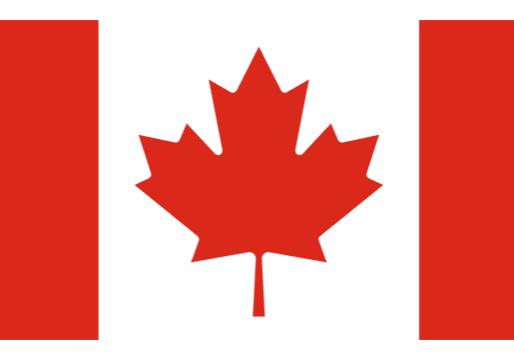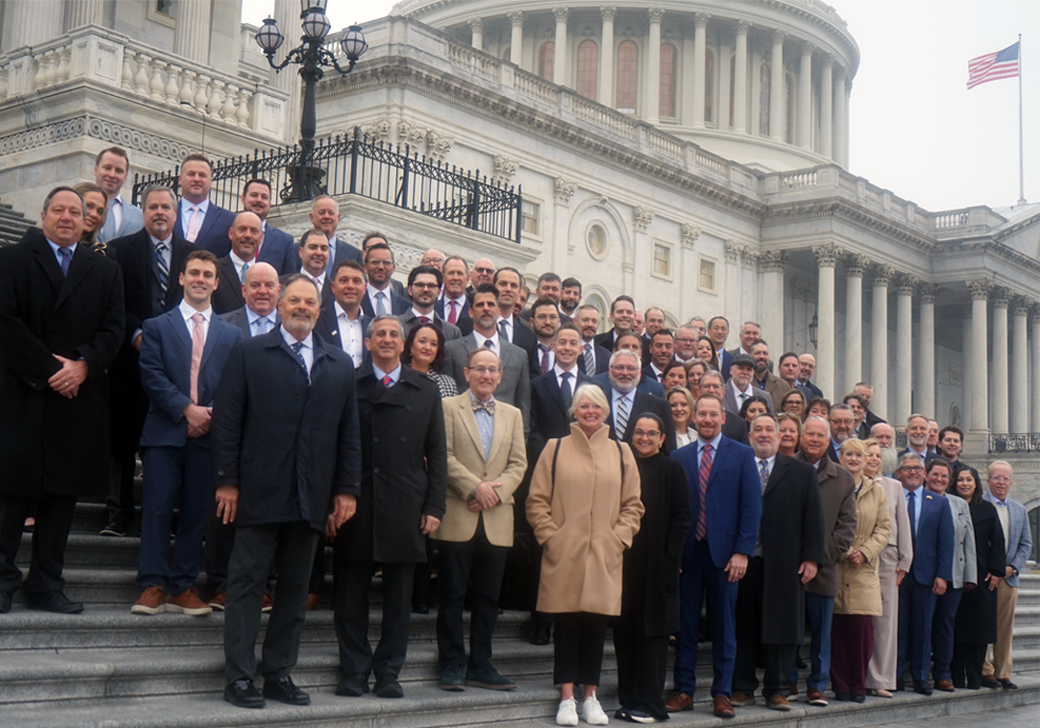After months of political sniping, Canadians re-elected Liberal Party Prime Minister Mark Carney on April 28, with an electorate voicing concerns about U.S. tariffs and talk of Canada becoming the 51st state.
Now Carney has a fresh mandate from the voters for another term in office. He can serve indefinitely as prime minister (PM) so long as he maintains support in the House of Commons. This outcome represents a dramatic shift from the picture that public polling painted when the previous Prime Minister, Justin Trudeau, had led the Liberal Party. For more than a year, the Conservatives, led by Pierre Poilievre, had a wide lead over the Liberals with voters indicating a strong desire for change, particularly driven by concerns about affordability.
After resisting months of calls from his own party to step down, Trudeau finally agreed to resign in January. That move triggered the leadership race that saw Carney elected as his successor in March. As that race unfolded, Canadian politics were upended by President Donald Trump’s imposition of tariffs on Canada. This led to several months of Canadians watching as the president announced that he was imposing tariffs, delaying them, reinstating them and then exempting many Canadian goods, while introducing tariffs on products like automobiles and steel. Many Canadians also were concerned about the president’s comments that he wanted to see Canada become the “51st state.”
As the focus on these issues intensified, the Liberal Party saw a sharp recovery in its polling numbers. This meant that when Carney, as the new prime minister, called for a snap election on March 21, less than two weeks after he was sworn in, his party was in a much more competitive position than it was in the previous month.
The campaign saw debates over how Canadians should deal with trade threats, jostling with the continued discussions over how to best make life more affordable. This narrow focus meant that smaller political parties, such as the left-leaning National Democratic Party (NDP) and the Bloc Quebecois struggled to get the attention of voters. This trend was reflected in the results of the April 28 election, when these smaller parties experienced significant losses as the Liberals and the Conservatives made overall gains – with the Liberals coming out on top.
For TRSA members, the new Carney government will present a mix of continuity from the previous Trudeau government on some issues, while offering change on others. The Liberals continue to back environmental initiatives launched by the previous government, such as the gradual phase-in of a ban on the sale of non-zero emission vehicles and continued regulatory plans, such as a partial ban on materials using PFAS that was announced just before the leadership change, plus restrictions on plastic.
On other issues, the Carney government is taking a different approach, such as ending the consumer carbon tax and cancelling a planned hike in the capital gains tax. This suggests that the new government won’t automatically proceed with all of the policy initiatives of its predecessor but will review them in light of Carney’s promise to put an added focus on economic growth in policy decisions.
At the top of the government’s priority list is to present a full response to the challenges raised by President Trump’s tariffs and the goal of re-establishing stability in the Canada-U.S. trade relationship. These issues should draw the interest of TRSA operators and supplier partners who may have felt the impact of U.S. tariffs and retaliatory tariffs that Canada has imposed that are affecting exports on both sides of the border.
Other areas worth watching include the government’s commitment to work with the provinces on interprovincial trade barriers to make it easier for workers to have their credentials recognized and a promise to review the corporate tax code to encourage Canadian businesses to invest. TRSA will monitor these developments closely and we will work with our Canadian members to ensure that their concerns are heard as the new government begins making policy.
Sign Up For Our Newsletter
Receive the latest updates on the linen, uniform and facility services industry from TRSA delivered straight to your inbox.








